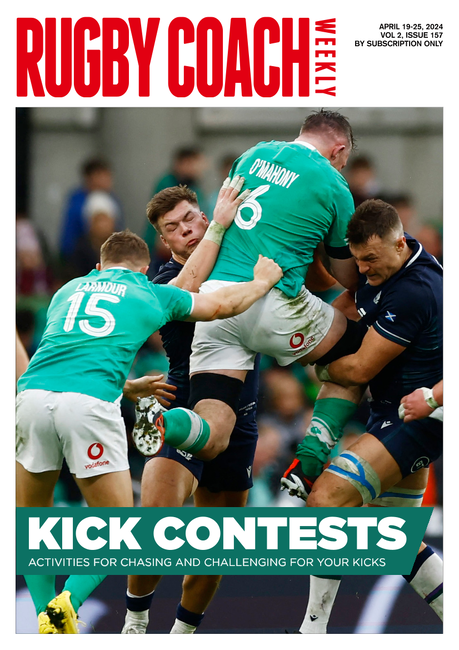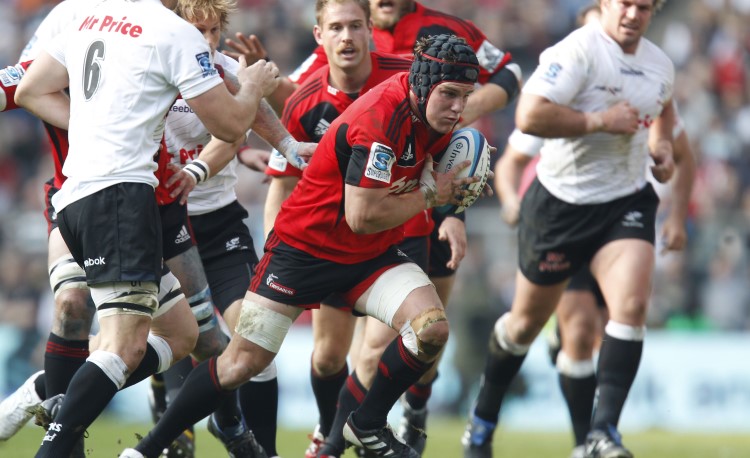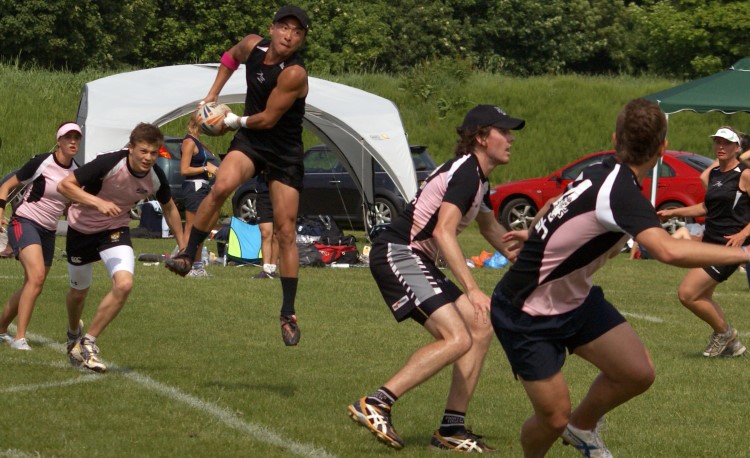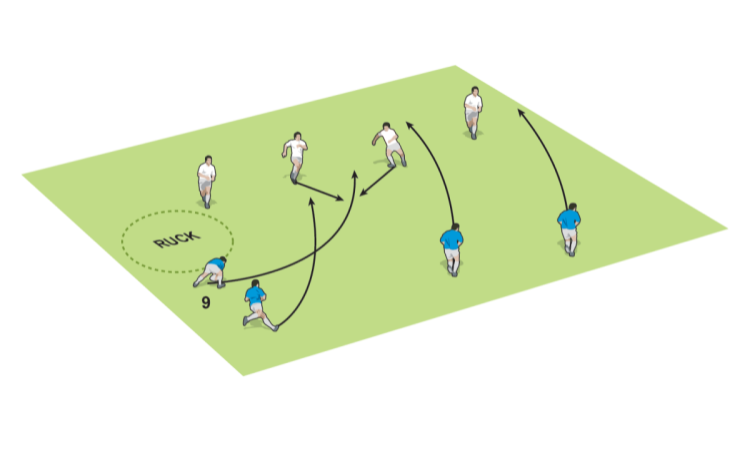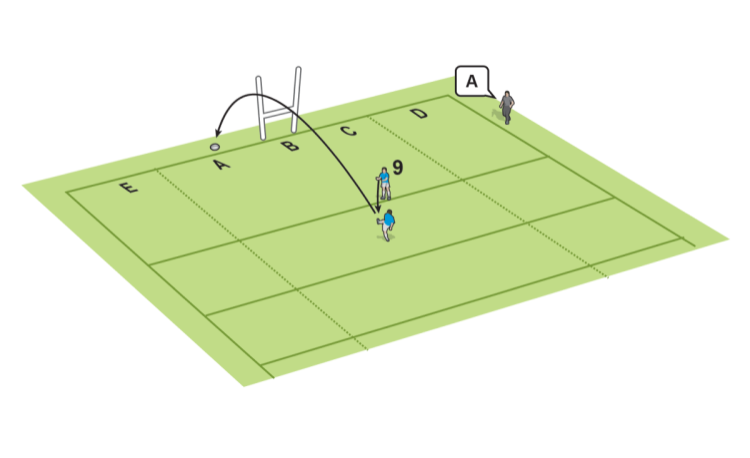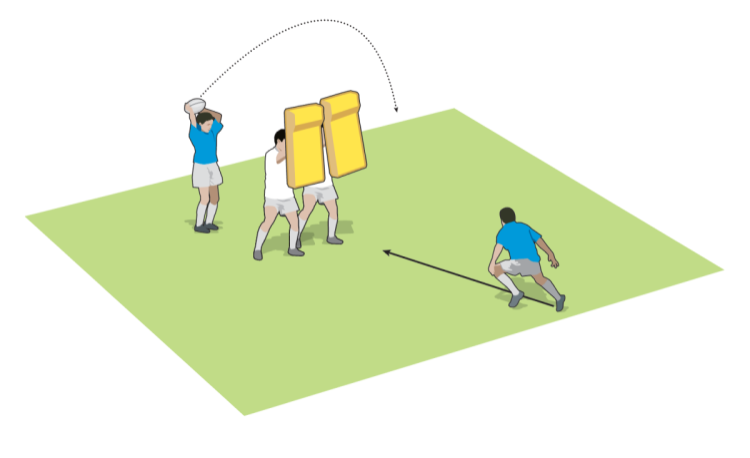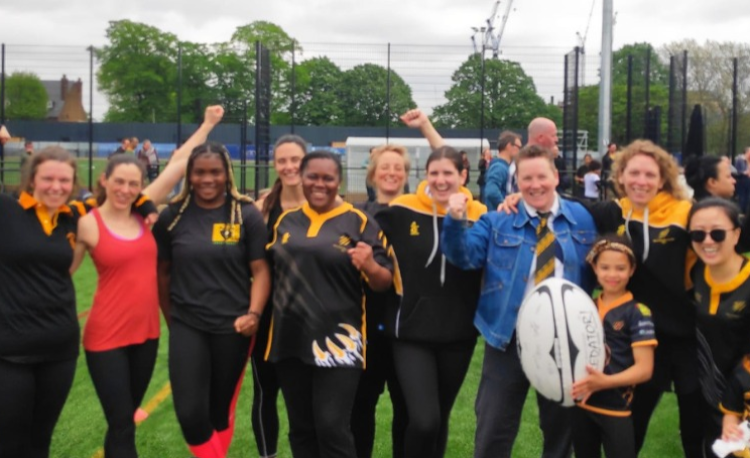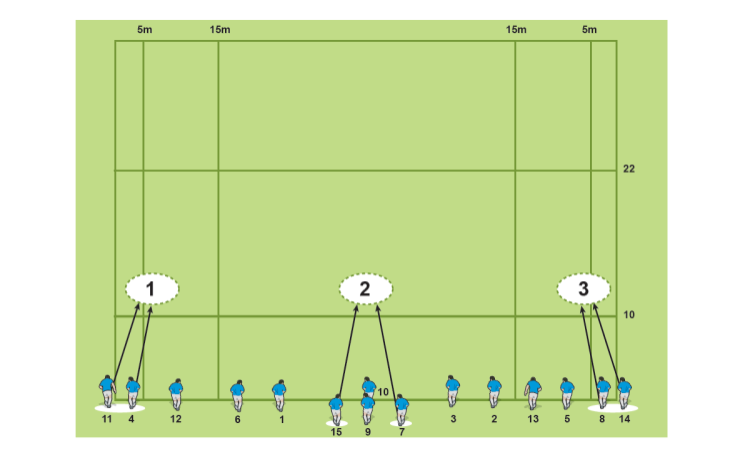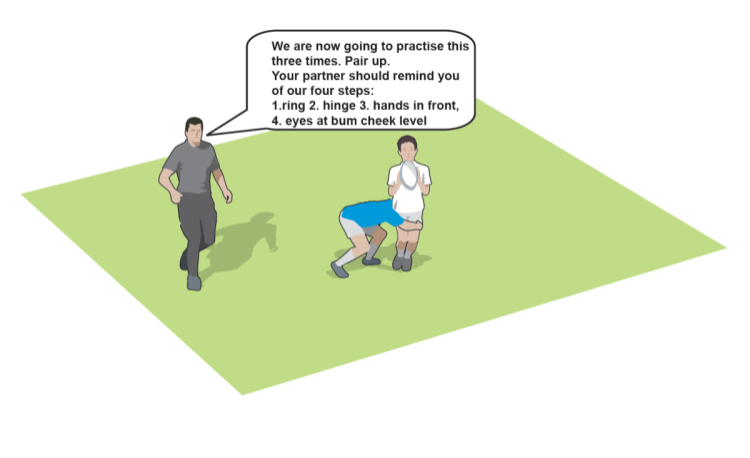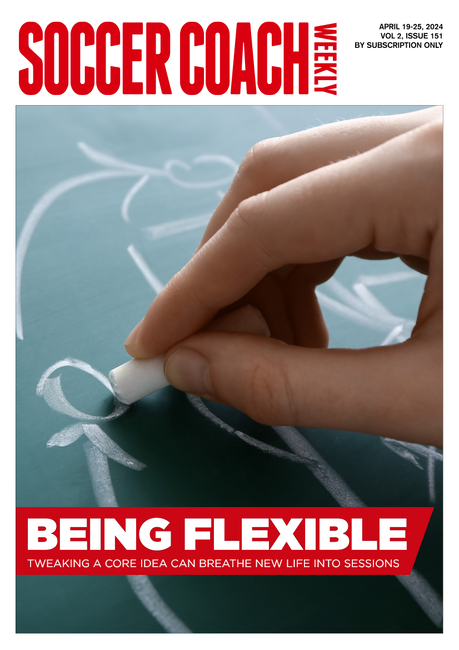You are viewing
1 of your 2 free articles
How to enjoy your sessions: an important coaching philosophy
If you’re enjoying your own session it’s pretty likely the players will be as well. So, before you sit down to plan your first session, remember that you want to be part of the fun.
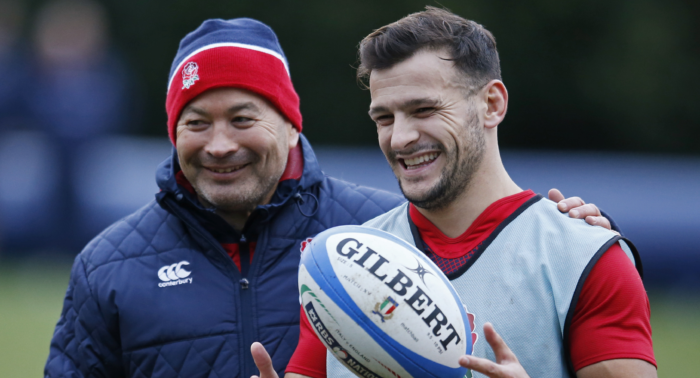
If you’re enjoying your own session, it’s pretty likely the players will be as well. So, before you sit down to plan your first session, remember that you want to be part of the fun.
Here’s how to make it happen for you...
Have a simple focus for the session
Don’t try to cover too much.
Focus on “processes” and not “outcomes”. The process is the method of achieving an outcome.
For example, “We want to improve our handling today, so we will focus on how we follow through our hands to the receiver”. If the outcomes aren’t brilliant, at least you know you have covered the process.
Do those processes need to be brilliant? It would be lovely if they were, but players don’t automatically improve just because they have been practising the skill. It is often enough to remind players of the skill and put that skill into some activities that look like the game.
Play games
Don’t make a game a reward, make it an integral part of the session. Start with a game, end with a game, and try to use different games to improve skills and tactics.
Players love playing games, and the competition is fun. You can feed off that energy.
Speak less, watch more
Let the players discover the game for themselves. Say less. The more you speak, the less they do.
Watch what they are doing and enjoy their successes.
When you do speak, talk with energy, praise where necessary and challenge them for ways to improve.
The game itself is not the teacher. It is the opportunity to test out their skills, try different methods in more chaotic circumstances and, don’t forget, connect as a group. Give them space to do this.
Don’t fret the mistakes
Ideally, we learn through making 60% mistakes to 40% success. Enough of a balance to encourage us yet make us think about improving. Learning is supposed to be hard.
If the players are making mistakes, see that as a positive. If they are making too many mistakes, adjust, adapt or stop.
Engage with the players on the right level
- Respect the players, and they will respect you.
- No one loves a smarty-pants. Don’t be sarcastic.
- Praise good play. Really praise good effort.
- Laugh at the ridiculous. Share the humour, don’t be the joker.
In that way, the players will see you as someone there to help them.
Newsletter Sign Up
Coaches Testimonials

Gerald Kearney, Downtown Las Vegas Soccer Club

Paul Butler, Florida, USA

Rick Shields, Springboro, USA

Tony Green, Pierrefonds Titans, Quebec, Canada
Subscribe Today
Be a more effective, more successful rugby coach
In a recent survey 89% of subscribers said Rugby Coach Weekly makes them more confident, 91% said Rugby Coach Weekly makes them a more effective coach and 93% said Rugby Coach Weekly makes them more inspired.
Get Weekly Inspiration
All the latest techniques and approaches
Rugby Coach Weekly offers proven and easy to use rugby drills, coaching sessions, practice plans, small-sided games, warm-ups, training tips and advice.
We've been at the cutting edge of rugby coaching since we launched in 2005, creating resources for the grassroots youth coach, following best practice from around the world and insights from the professional game.


